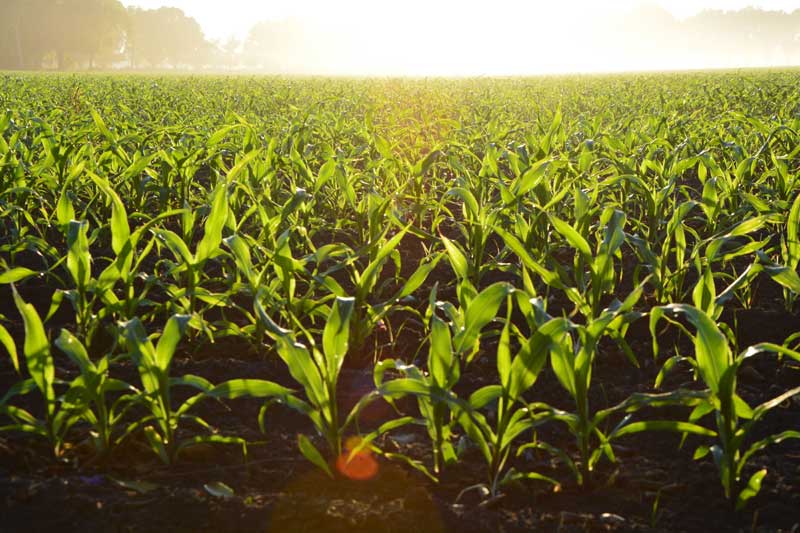
403
Sorry!!
Error! We're sorry, but the page you were looking for doesn't exist.
Innovative floating farms address food security, climate change struggles
(MENAFN) In Rotterdam, the Floating Farm stands as a pioneering example of an agricultural initiative that combines sustainability and resilience. Operating since 2019, it proudly claims to be the world's first floating farm, situated on a three-tiered structure moored near downtown Rotterdam. Brown and white cows named after three Dutch rivers graze on hay dropped from a conveyor belt, and a system efficiently collects rainwater to meet their needs. The cows are aptly dubbed "upcycle ladies" by Minke van Wingerden, representing the Floating Farm, which sells milk, cheese, and buttermilk in a small shop on dry land adjacent to its harbor berth. The farm showcases a multi-tiered approach, including automated milking machines, robot-assisted waste management, and organic fertilizer production from collected manure.
While the Floating Farm is a sophisticated example of water-based agriculture, the concept itself is not entirely new. Throughout history, civilizations like the Aztecs engaged in water-based agriculture, constructing artificial islets for cultivation. However, the Floating Farm in Rotterdam has gained renewed attention, especially in the context of addressing global food security issues and the challenges posed by climate change.
The idea of water-based agriculture is finding practical applications beyond the Netherlands. In coastal and low-lying regions of India and Bangladesh, a non-government organization called the South Asian Forum for Environment is rejuvenating a traditional practice known as "climate-resilient float farming." This approach involves constructing bamboo rafts designed to keep seedlings above monsoon floodwaters that would otherwise drown crops. Technological enhancements have been incorporated, including larger and sturdier rafts to withstand storms, plastic coverings, and shade nets to protect plants, and solar-powered pumps for rainwater collection to irrigate the seedlings. The organization collaborates with local research institutes to provide farmers with climate-resilient seeds and knowledge on pest control, particularly crucial during periods of extreme heat when pest infestations become more pronounced.
These diverse initiatives underscore the growing interest and innovation in water-based agriculture, offering sustainable solutions to food production challenges and environmental resilience in the face of climate change.
While the Floating Farm is a sophisticated example of water-based agriculture, the concept itself is not entirely new. Throughout history, civilizations like the Aztecs engaged in water-based agriculture, constructing artificial islets for cultivation. However, the Floating Farm in Rotterdam has gained renewed attention, especially in the context of addressing global food security issues and the challenges posed by climate change.
The idea of water-based agriculture is finding practical applications beyond the Netherlands. In coastal and low-lying regions of India and Bangladesh, a non-government organization called the South Asian Forum for Environment is rejuvenating a traditional practice known as "climate-resilient float farming." This approach involves constructing bamboo rafts designed to keep seedlings above monsoon floodwaters that would otherwise drown crops. Technological enhancements have been incorporated, including larger and sturdier rafts to withstand storms, plastic coverings, and shade nets to protect plants, and solar-powered pumps for rainwater collection to irrigate the seedlings. The organization collaborates with local research institutes to provide farmers with climate-resilient seeds and knowledge on pest control, particularly crucial during periods of extreme heat when pest infestations become more pronounced.
These diverse initiatives underscore the growing interest and innovation in water-based agriculture, offering sustainable solutions to food production challenges and environmental resilience in the face of climate change.

Legal Disclaimer:
MENAFN provides the
information “as is” without warranty of any kind. We do not accept
any responsibility or liability for the accuracy, content, images,
videos, licenses, completeness, legality, or reliability of the information
contained in this article. If you have any complaints or copyright
issues related to this article, kindly contact the provider above.

















Comments
No comment